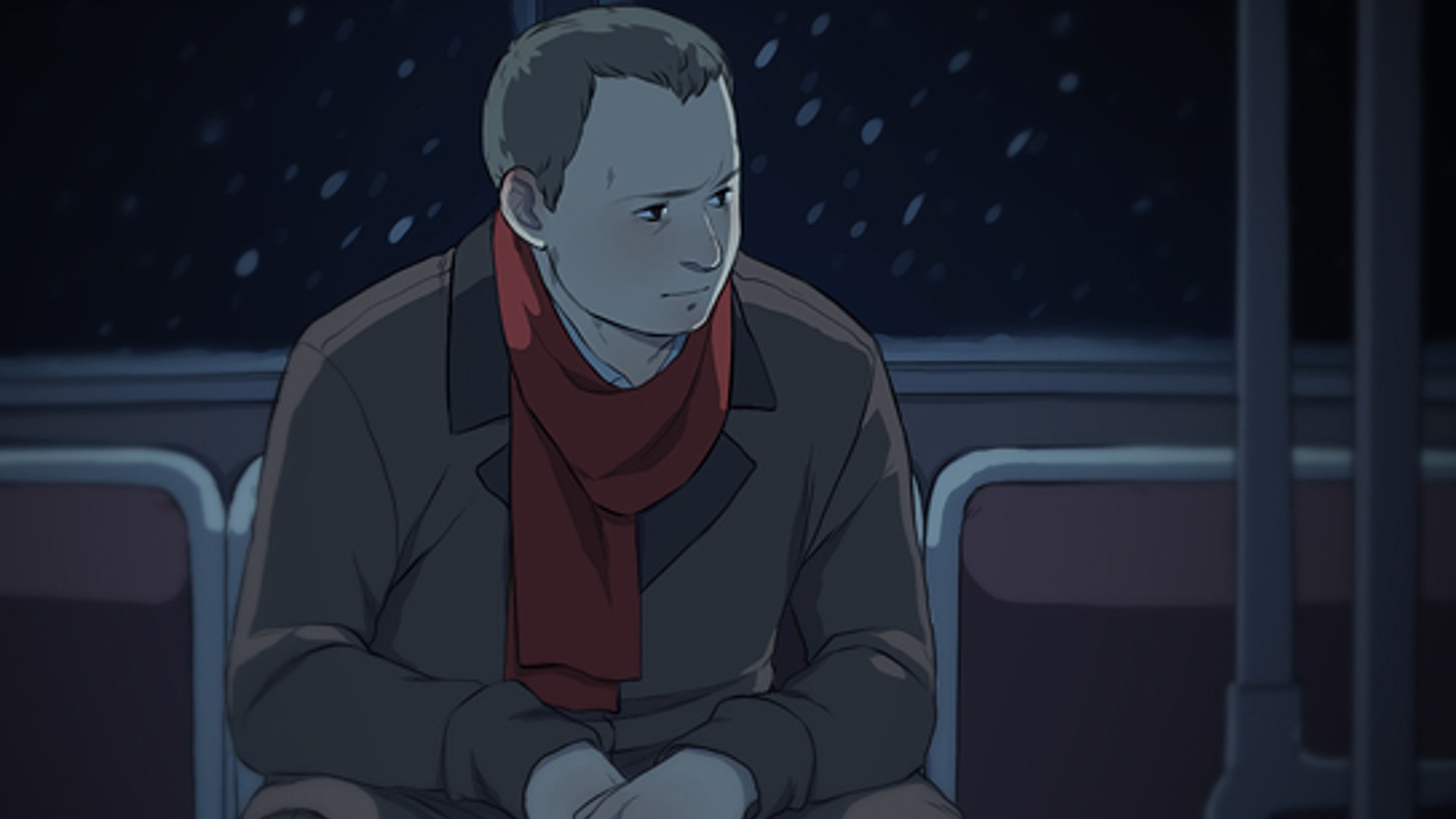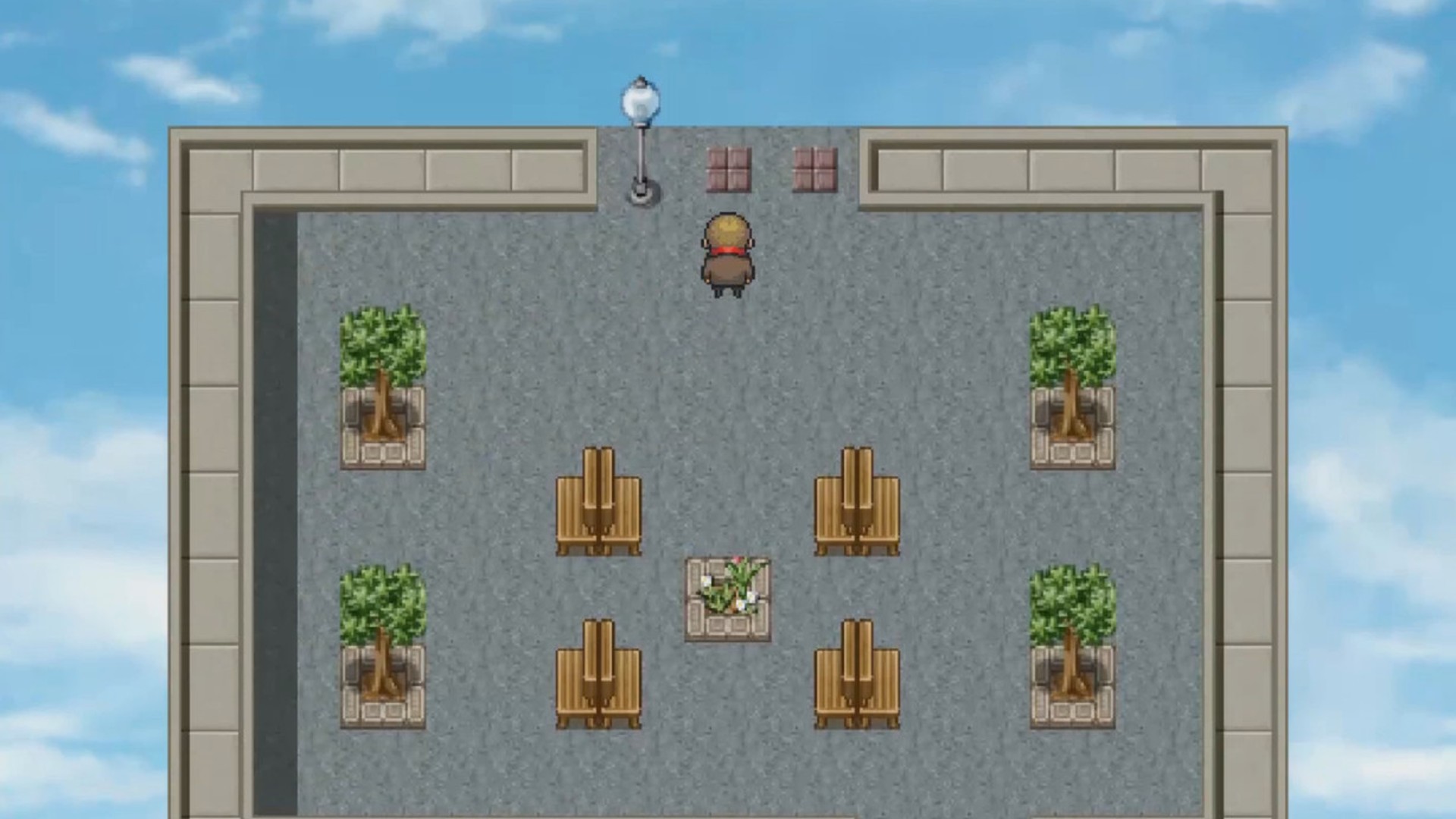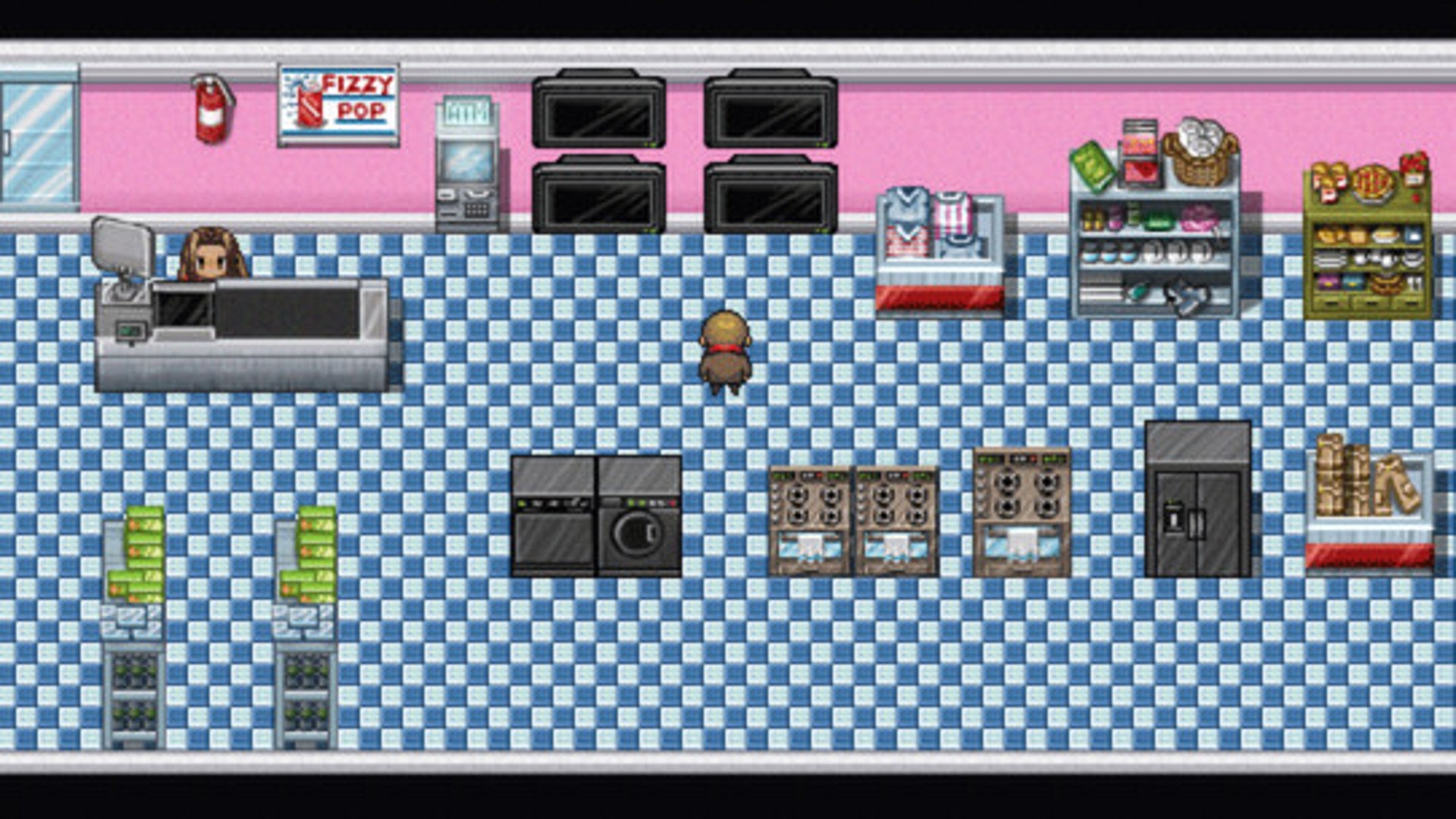Actual Sunlight, a game about an everyman struggling with depression, changed my life
Mental Health Awareness Week | Actual Sunlight is a relevant now as it was 10 years ago

To mark Mental Health Awareness Week, we're showcasing a variety of interesting games that either explore themes of mental health directly, or can be used as tools to support players in various ways. Today, we're spotlighting Will O'Neill's Actual Sunlight, a narrative game about an everyman struggling with the monotony of the 9-5 grind, and his overarching depression.
CONTENT WARNING: This article explores themes of suicide, depression, and anxiety

"Creator Will O'Neill has always said he's eternally grateful and touched that his work has spoken to so many others, but that he simply created a character and a world that better reflected his reality, than that of Kratos or Nathan Drake's".
Released in 2013 – on PC at the time, in 2015 on the PS Vita, and in 2020 on the Switch – Actual Sunlight was conceived using RPG Maker, however its cutesy aesthetic is underpinned by a dark and often unsettling narrative. On the game's official website, a disclaimer reads: "Due to explicit language, Actual Sunlight is not appropriate for players under the age of 18. It also deals with extremely mature themes, including depression and thoughts of suicide. Similar to other forms of art that tackle these issues, Actual Sunlight can be an extremely powerful emotional experience – before downloading it, please first consider what your reaction to a book, film or piece of music in a similar vein might be."
That, in essence, tells you all you need to know about Actual Sunlight before going in, but I don't think I was quite prepared for how I'd feel afterwards. Representation in video games is so important, but as a white, straight, male I'm hardly marginalized to this end. That said, whereas most games portray action heroes, unlikely saviors, charismatic pseudo detectives, and a whole manner of other charming protagonists with endearing traits, Actual Sunlight does not. Evan Winter is introverted, hopeless, and down – a direct result of the depression and anxiety he struggles with on a daily, hourly, and minute-to-minute basis.
Actual Sunlight, then, isn't exactly what you'd call fun. And while playing the game wasn't easy on a personal level, I was, however, able to identify similar feelings in myself that I was struggling with at the time. I first played Actual Sunlight six years after my uncle sadly took his own life, and my own mental health suffered a great deal in the aftermath of that event. I was later told exactly this by mental health professionals, but it was Actual Sunlight that let me untangle my deep-seated emotional turmoil – something I hadn't managed at all before then. Ultimately, being made to fill the shoes of a character struggling with similar things was both enlightening and cathartic, and helped me take the first steps towards seeking help.

I've spoken to the game's creator Will O'Neill on several occasions over the years, and he maintains this effect was never intended. He's always said he's eternally grateful and touched that his work has spoken to so many others, but that he simply created a character and a world that better reflected his reality, than that of Kratos or Nathan Drake or the Master Chief's – which is a big part of what makes Actual Sunlight so powerful. It's a game that I always recommend in this space, but it's a qualified recommendation made with caution. Like O'Neill's disclaimer above, Actual Sunlight is poignant with immense scope to educate and inform – be that on a personal level, or as a means of better understanding someone else in your life – but it's dark, often grim, and can be a difficult experience. It was for me, but, without sounding overly profound, it also helped lead me to a better place.
For me, Actual Sunlight was ahead of its time, and still carries as much weight today as it did a decade ago. If ever a game challenged the idea of what a video game actually is, it's this one – and I'll still be talking about it another 10 years from now, and another 10 after that again.
Sign up to the GamesRadar+ Newsletter
Weekly digests, tales from the communities you love, and more
Here are 10 games to help kickstart conversations about mental health

Joe Donnelly is a sports editor from Glasgow and former features editor at GamesRadar+. A mental health advocate, Joe has written about video games and mental health for The Guardian, New Statesman, VICE, PC Gamer and many more, and believes the interactive nature of video games makes them uniquely placed to educate and inform. His book Checkpoint considers the complex intersections of video games and mental health, and was shortlisted for Scotland's National Book of the Year for non-fiction in 2021. As familiar with the streets of Los Santos as he is the west of Scotland, Joe can often be found living his best and worst lives in GTA Online and its PC role-playing scene.